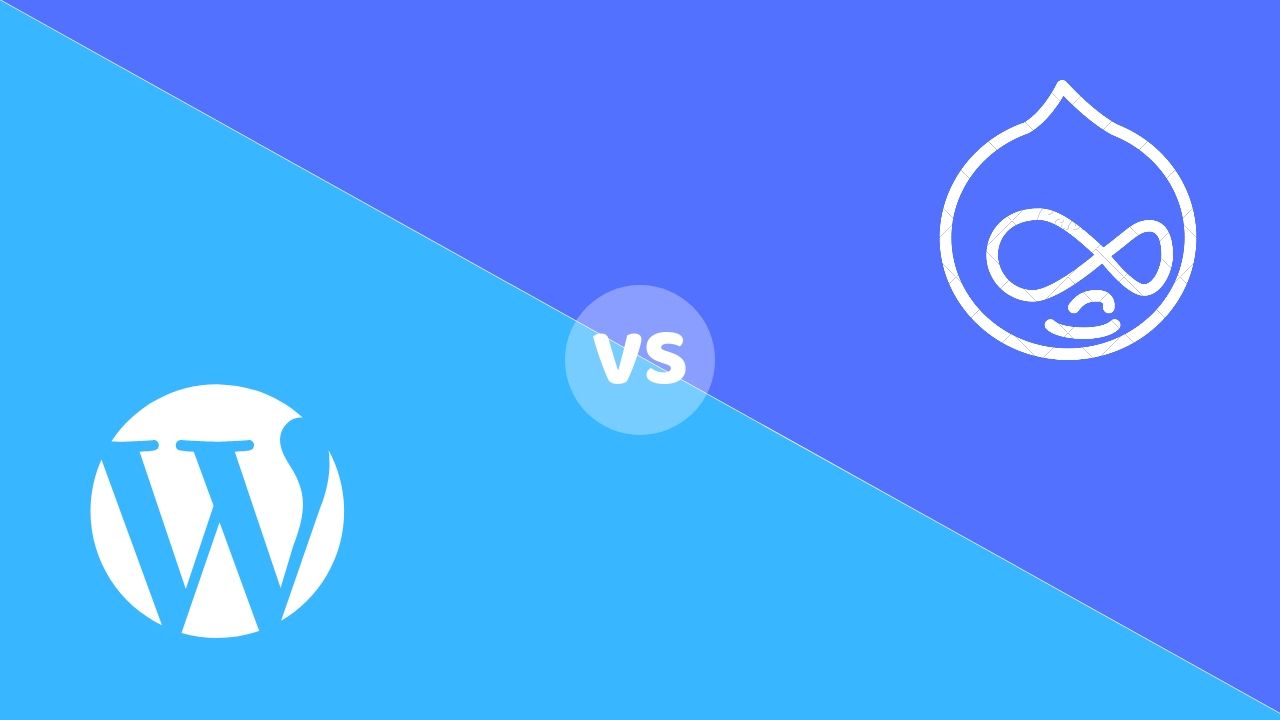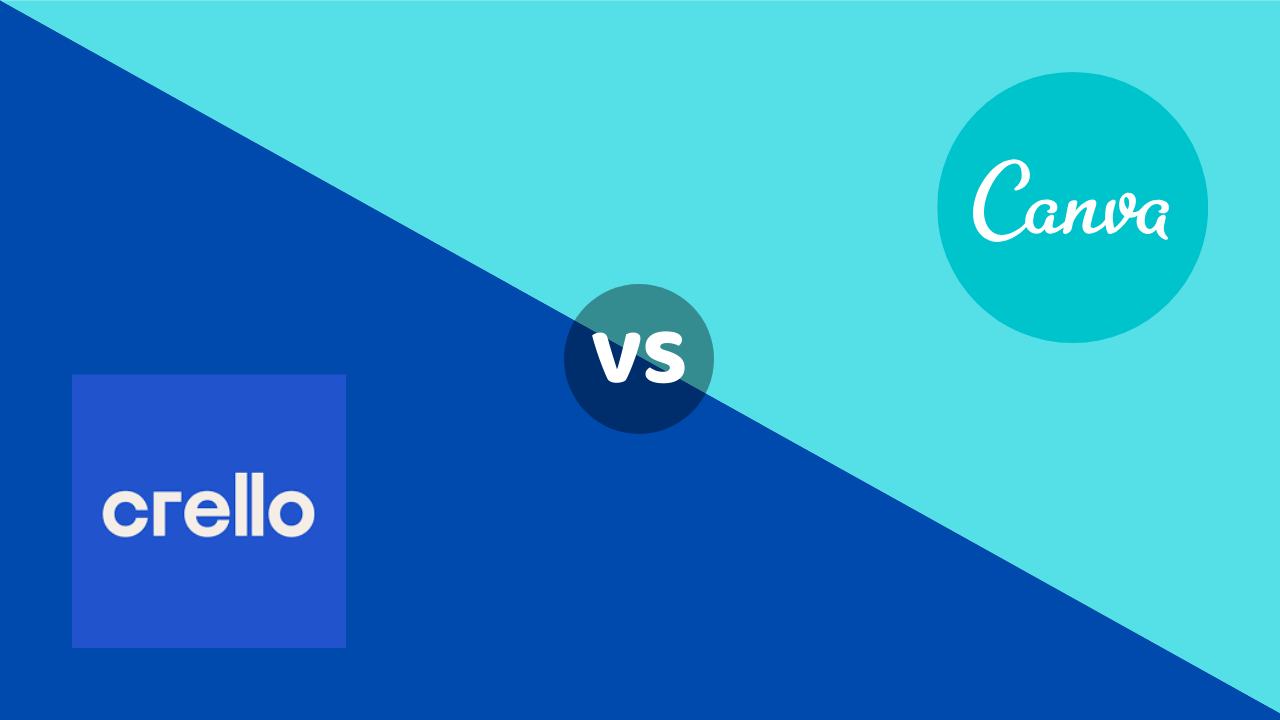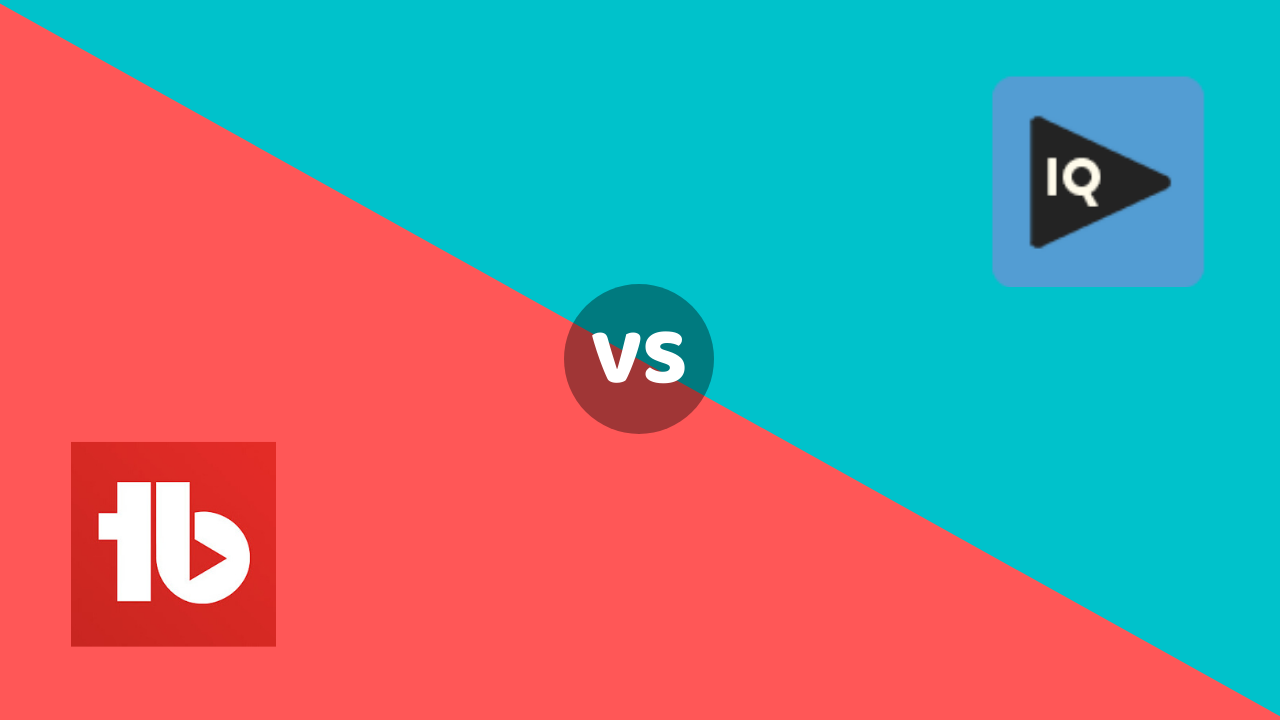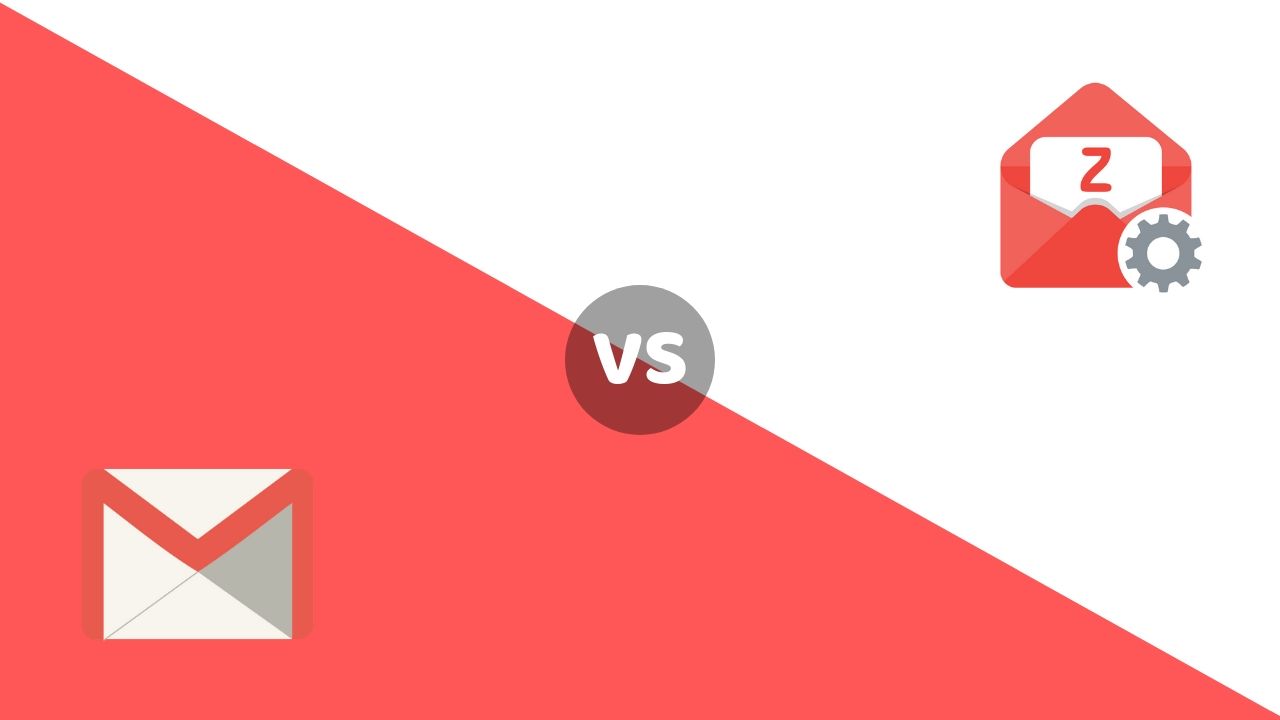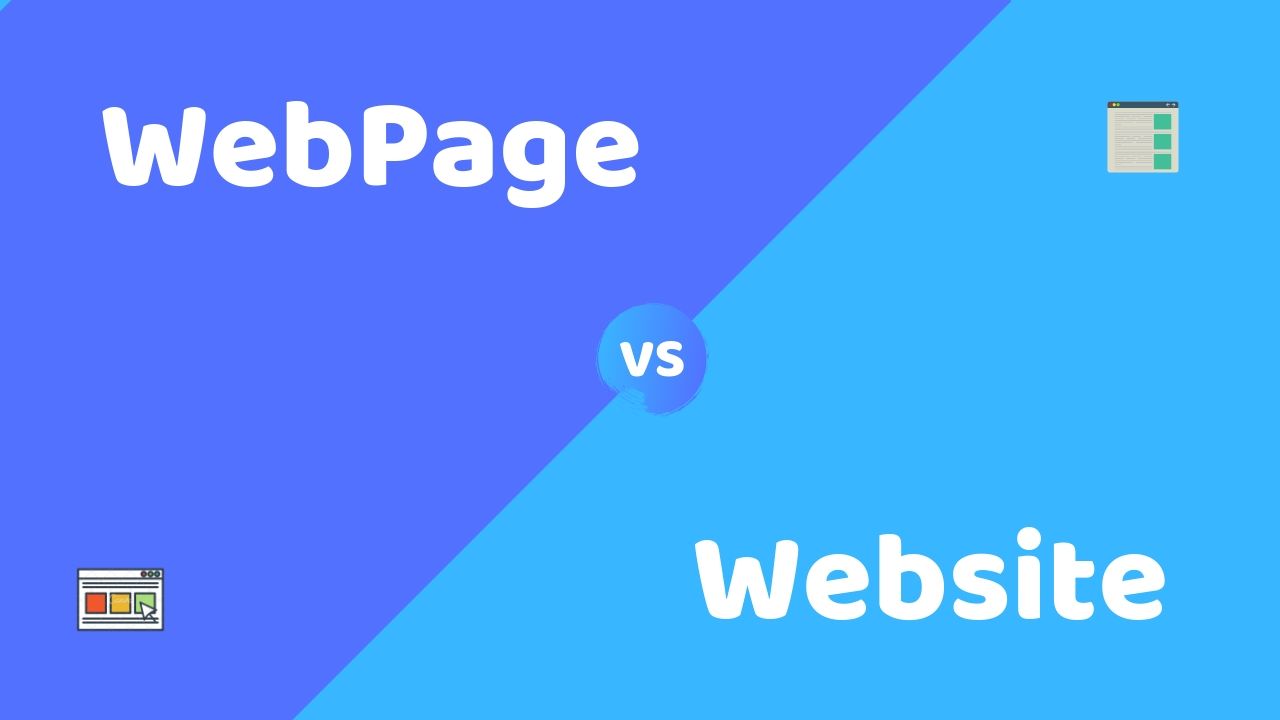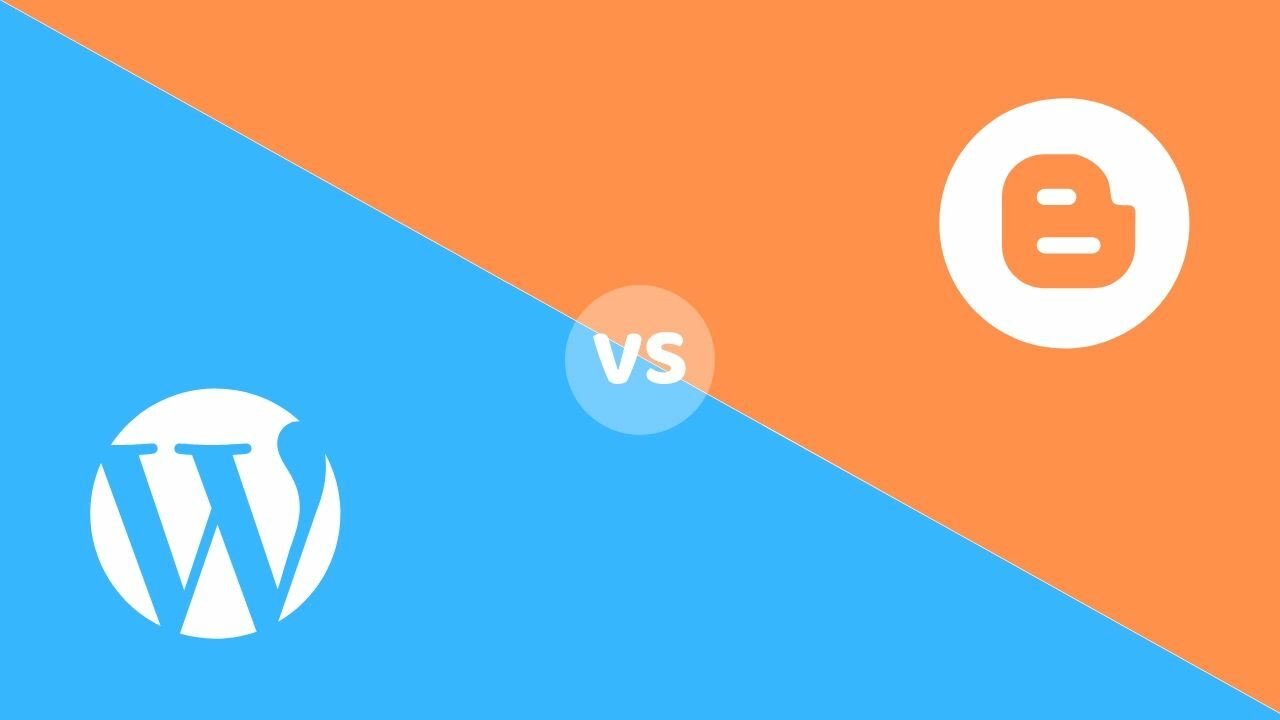Last updated on October 23rd, 2020 by Guest Author
Choosing the CMS platform is easily among the most important decisions that web developers need to make even before they commence building the site.
This is because the selection will affect virtually all aspects of the website.
While most professional web developers tend to choose between WordPress and Drupal as the CMS since they are indisputably the two most popular platforms, each of them has their characteristics concerning important parameters like cost of development, security, design, etc. that can significantly affect the performance of your site.
Let’s take a quick look at some of the pros and cons of both WordPress and Drupal to enable you to make a more informed choice.
Pricing
The WordPress platform comes free though you have to pay for the domain registration and extras like added layers of security and premium themes.
Also, all WordPress sites are self-hosted so there is no extra cost for hosting the website, and even if you want to opt for other hosting options, they are also quite affordable.
The cost of the site will depend on the extent of customization but the cost tends to be lower than Drupal at least in the initial stages when you are likely to be doing everything by yourself.
You may need to add development capabilities if you require more complex functionalities. While most of the plugins that you are likely to need are free, even the ones that you may need to buy are priced in the range of $100-200, which is not a big cost in the long run.
This means that unless you need a complicated website, WordPress can be quite affordable.
Even though Drupal itself is free, website development is likely to be more expensive because of the extra technical expertise necessary. Hiring a professional developer can translate to more investment, in addition to which, the other costs of added security, hosting, domain registration, etc. apply.
You also need to factor in the additional cost of website hosting as Drupal does not offer a free service. The biggest concern about the cost of developing with Drupal is the cost of upgrading as they are not forward-compatible and require a complete rebuild if you want to switch over to a new version.
This means that may website owners prefer not to upgrade to save money but you will need to deal with obsolete features. However, as long as you plan well, scaling and customizing your website with Drupal is not very expensive and can be quite attractive compared with WordPress in the medium and long-terms.
Learning Curve
The reason, why WordPress is the world’s number one CMS, is that it is very user-friendly and even beginners can feel right at home very quickly.
However, Drupal, even though it is very powerful and has all the functionalities that you could ever require, is far more complicated and require you to either have programming skills or a budget to accommodate the cost of hiring a website developer.
If you want to create a website from scratch and do not know much about the subject, you should choose WordPress without any hesitation as working on it is very intuitive for the non-programmer.
The existence of a huge global user community makes it painless to get support for any issue that you may face along the way.
However, Drupal, even though it has all the capabilities and more that you could ever require, requires a fair amount of technical skills and website development is best handled by people with development proficiency.
The process of content creation, for example, is not something that even the most ardent supporter will describe as simple.
Also Read WordPress Vs Drupal Deep Comparison By Top Marketers.
Scalability and Customizability
If you are puzzling over which CMS platform to use, WordPress or Drupal, you can rest easy that both have all the capabilities of scalability and customization that you could require even for very large and complex websites.
However, how this is made available is different on each. WordPress offers more than 5,000 themes free of cost and many more thousands from third-parties at a cost and has a mammoth library of over 53,000 free plugins that have a wide range of functionalities.
Drupal offers a comparatively meager 2,500 themes and 39,000-plus modules, which even if adequate is not a match for WordPress that permits close to unlimited customization by users of all skill levels.
Much of the functionality of Drupal required for customization is already built into the themes, which makes using third-party plugins redundant.
Even though it is generally accepted that customizing themes for Drupal requires more skill and an effort that only a professional web developer would have, experts, agree that Drupal is a more efficient and flexible solution compared to WordPress.
Also read – WordPress website design
Security
Websites developed on both WordPress and Drupal can be made equally bulletproof, however, most people agree that Drupal is easily the more secure of the two simply because its lower user base makes is less attractive for developers and Drupal less dependence on third-party plugins and themes makes it more secure.
According to https://www.forbes.com, Drupal is safer than WordPress even though it is less scalable due to the limitation in the number of themes and plugins. After all, WordPress sites do tend to expose their vulnerability every time a third-party plug-in is uploaded.
According to a Wordfence survey, plugins were responsible for close to 56% of all cyber breaches. The best way of ensuring strong website security is to limit the number of plugins being installed and update them regularly.
While the communities on both WordPress and Drupal ensure you can react to security threats very quickly, the sheer number of WordPress themes and plugins can increase the risk manifold.
Conclusion
There are no right answers to the CMS you should opt for. It all depends on the level of technical proficiency you possess, the objectives and complexity of your site, the functions you need, and of course, the amount of money you have at your disposal for website development and maintenance.
Generally, WordPress is the recommended option for beginners and those who do not want the additional expense of a website developer; however, Drupal comes across as the favored choice for people who are technically more proficient and are very security conscious.
